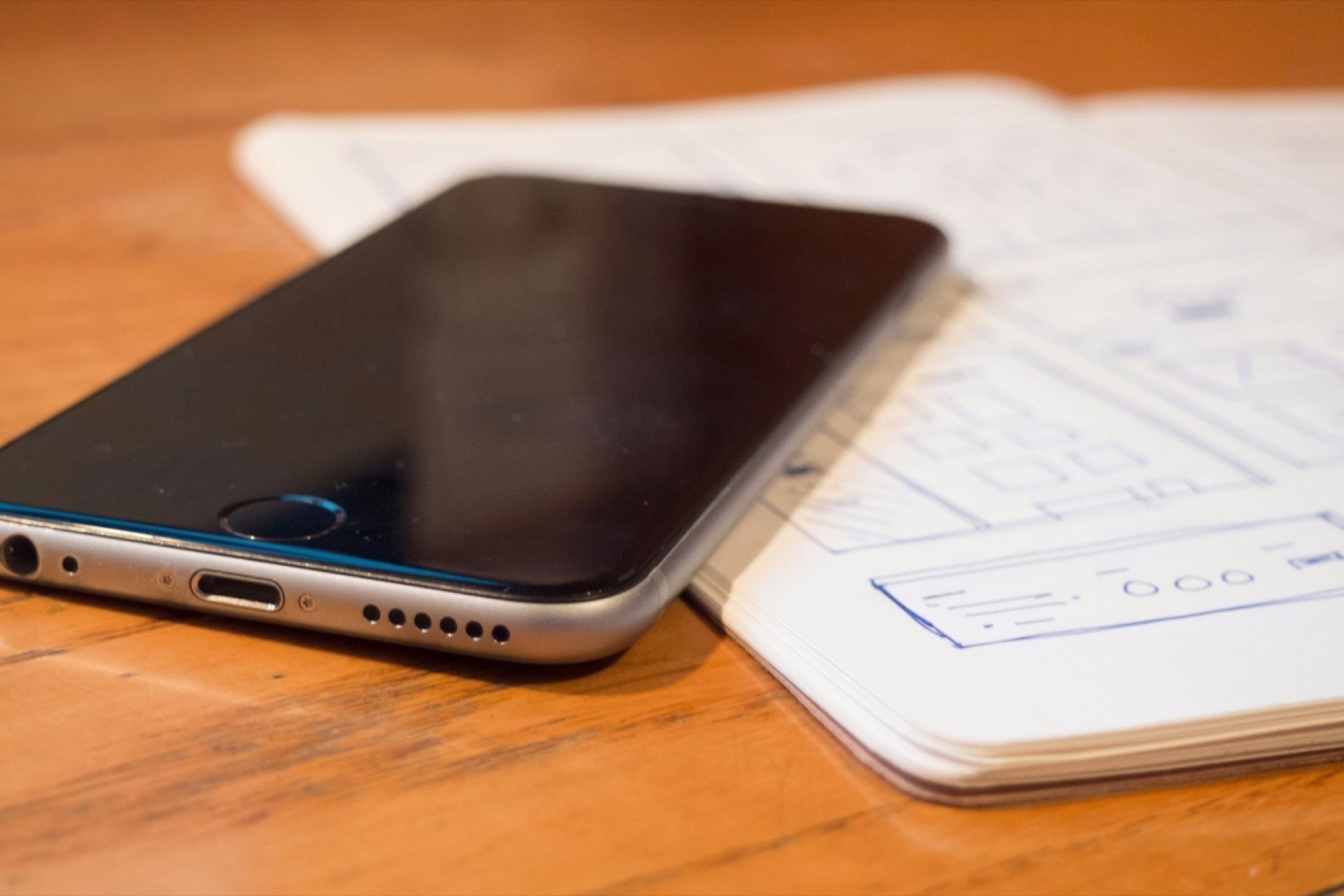Apple Files Arguments in Court Opposing FBI iPhone Request In a copy of the brief provided by the company, Apple argued that the government's request is 'unprecedented' and violates the company's First Amendment rights.
By Reuters
This story originally appeared on Reuters

Apple Inc. on Thursday doubled down on its resistance to the U.S. government's attempt to force it to unlock an encrypted iPhone belonging to one of the San Bernardino shooters, arguing for the dismissal of a court order compelling it to act on the grounds that it would violate its free speech rights and blur the lines between courts and Congress.
The U.S. Federal Bureau of Investigation is seeking Apple's help to access shooter Rizwan Farook's iPhone by disabling some of its passcode protections. Apple has pushed back, arguing that such a move would set a dangerous precedent and threaten customer security. U.S. officials disagree.
In a copy of the brief provided by the company, Apple argued that the government's request is "unprecedented" and violates the company's First Amendment rights.
"The government's request here creates an unprecedented
burden on Apple and violates Apple's First Amendment rights against compelled speech," it said.
Apple's resistance has sparked a national debate about whether the government should have technological access, or a "back door" to get into privately owned phones.
In its filing on Thursday, Apple raised the specter of courts ordering it to help in other cases in other ways, such as writing computer code that would turn on an iPhone microphone to help surveillance.
"This case is not a case about one isolated iPhone," Apple said in the filing, reiterating previous comments.
Government officials have rejected that characterization and earlier on Thursday, FBI Director James Comey told a congressional panel that court approval of the FBI's request was "unlikely to be a trailblazer" in other cases.
While the case "will be instructive for other courts," larger policy questions about reasonable law enforcement access to encrypted data will likely need to be resolved by Congress and others, Comey said.
Shares of Apple were barely changed, up 0.4 percent and trading at $96.52 late in the session.
(Reporting by Dan Levine in San Francisco; Editing by Bill Rigby)









